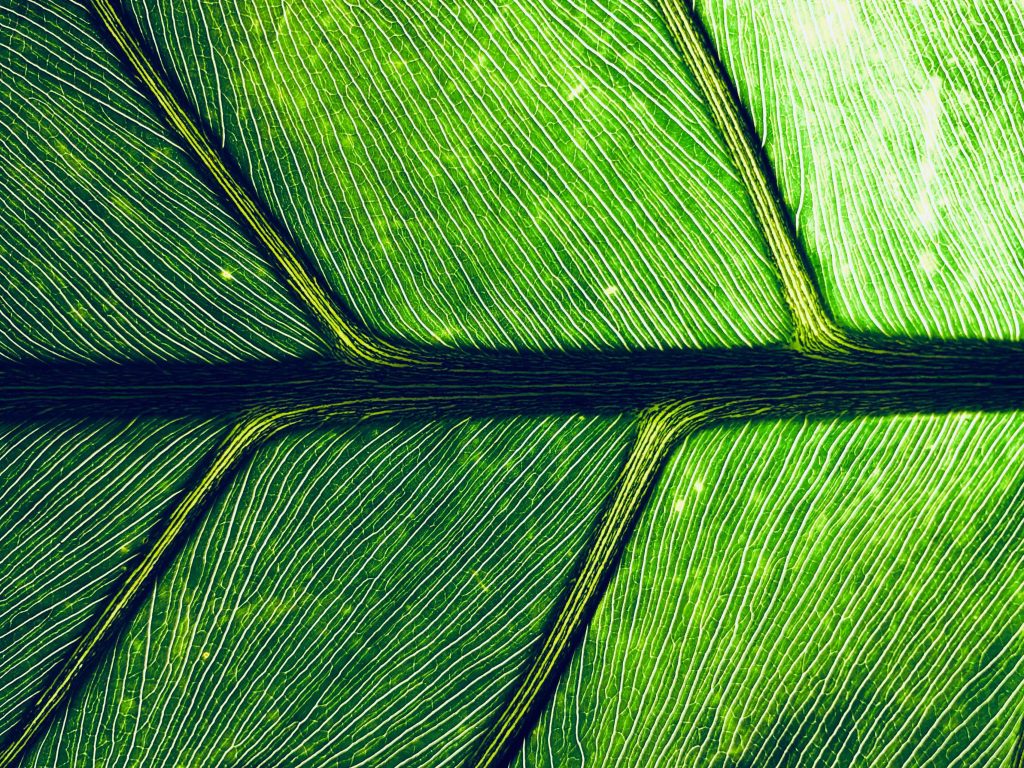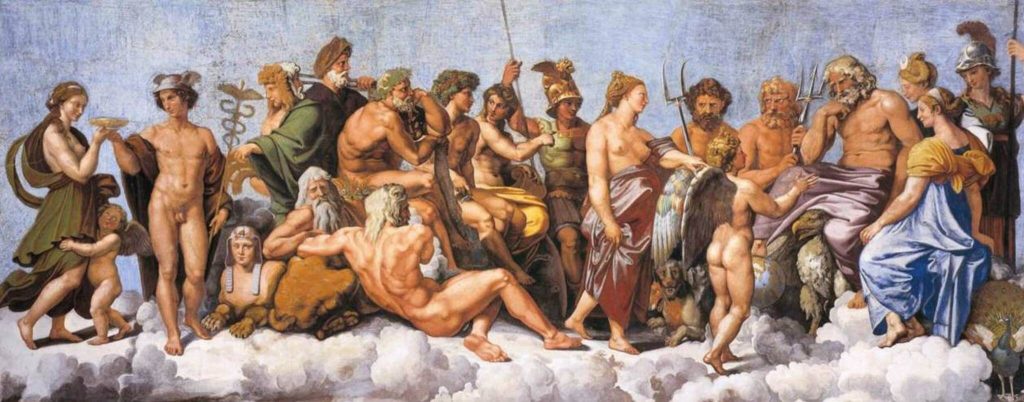Searching for What We Already Know
Could we unknow the knowing of the known to know anew? Tarthang Tulku, Dynamics of Time and Space—Transcending Limits on Knowledge
For the longest time I wanted to belong, so I looked for ways to fit in with what I perceived everyone else already understood. It took years before I realized that I was not alone in my uncertainty. In the rearview mirror of the passing years, I can now see that we all arrived into a world about which we only knew what was written in our genes. We all arrived cold, hungry, and full of aches and pains, experiencing the pain of having had our skulls compressed as the price of admittance. How could we feel well prepared when we were cast into empty space and didn’t know we had wings?
With all we’ve been through since those early months, why are so many of us looking for something we think we’ve lost? Is it because we settle for conclusions that don’t really lodge in our hearts? We don’t seem able to tolerate not knowing, so we settle for semblances of knowing. We settle for whatever conclusions and explanations we can find, whether or not we can affirm their truth. We tell ourselves that we’re doing our best, given the situation in which we find ourselves, and given that our human embodiment seems to intrinsically impose limits on what we are able to notice and how we can act. Deeper truths that lie beyond the horizon of our established world strike a note of fear if we get too close. Even when we are drowning, it rarely occurs to us that we are already floating.
I can’t take credit for the life-rafts that have shown up in my own life. I didn’t earn them. And now I know that they don’t show up for everyone. I have to thank my friends for that. Without them—friends who lived next door when I was growing up and friends who have come alongside after I raised my sails—I couldn’t have had the adventures that taught me how to be somewhat confident in this world.
My own good fortune has been at the front of my mind during the past 30 months, ever since my son took his life in April 2019. Many things that I then took for granted now exist in a space occupied by an absence. I’m not saying that I feel his absence deeply, because I don’t feel anything very deeply. I’m saying that a presence has entered my world which has an absence at its core.
Lao Tzu made luminous a recognition that doorways and windows are what make a room a place where we can live. Absence allows us to access presence and expands our sense of what it means to be a human being. For parents, at least as parents, it is our children who tell us why we are here. And when only memories remain, we fill the empty space with distractions and explanations, and we look for culprits within our own behavior and in our world. It may take some time to realize that there is no-one to blame, not even ourselves; that we live in a society which casts into oblivion lives that could have found a home on our planet.
We don’t want to be helpless witnesses to the suffering that human behavior is inflicting on our fellow residents. But only when grief has settled into the branches of our minds, can our true complicity come out from the shadows. Our complicity must free itself of blame and self-blame, before responsibility can move beyond the joyless regime of obligation.
Only then can we see how little control we have ever had over what happens in our lives and over what is most important for us. Only then can we see that our very thoughts are collateral damage of our failure to recognize the truth of our life. When this has begun to sink in, we may finally understand an ancient message—perhaps encountered in books, or in a group of like-minded people—that we are being invited to take better care of ourselves and our world.
Wisdom and compassion are like the two wings of a bird.
This simple image immediately hit home, but I don’t think I noticed at first that there is a bird at the center of the wings of wisdom and compassion. Wisdom, which like space cannot be grasped or possessed, does not in itself provide a place where living beings can find a home. The warmth of a caring heart is needed to make a home in this kind of wisdom. Without a caring heart, space will be empty and wisdom irrelevant. But we can experience our caring hearts when we notice how much we care about in the lives that we are already living.
Clearly there needs to be a living bird if the wings of caring and understanding are to lift us into the sky, where we can see the possibilities of life spread out before us. Yet the gravity of discouragement so often seems to keep that living bird nailed to the ground.
Perhaps we still carry in us how we felt when we first arrived so many decades ago: cold, alone, bewildered, reaching out for we knew not what. Perhaps we struggle for the confidence to begin, as if we have been banished from understanding, and can no longer hear the beating of our own hearts. Could it be that we need some wisdom—at first borrowed from others—before we can awaken to the caring of our hearts and before we can find our way in the emptiness of space?
There are always three participants in any true engagement with life. George Gurdjieff called them the active, passive, and reconciling forces. In Taoism—they are the yin, the yang, and the Way of Life; in Buddhism—they may be wisdom, compassion, and a bird that yearns to fly.
When we discover ourselves to be the bird whose wings are caring and understanding, our hearts can begin to open to the emptiness that is taking the lives of so many around us. When we share the warmth of caring with those who are standing alone, out in the cold reaches of empty space, we feel the meaning of our own lives more deeply.
I suspect that we can only find our way in the openness of space when we realize that we are already flying in it. It is the very openness of space, surrounding and filling us, that holds us aloft. Such a space cannot be a cold, unwelcoming void; otherwise, we would have already been consumed by oblivion. What we love may be taken from us at any moment, but without the openness of space, and our personal understanding that nothing can abide there for very long, how could the future ever find us?
“In the end, even our sense of journeying is only a temporary idea; we need not concern ourselves with destinations. Treasures are available everywhere, as long as we have the resources of care.” Tarthang Tulku, Caring.






